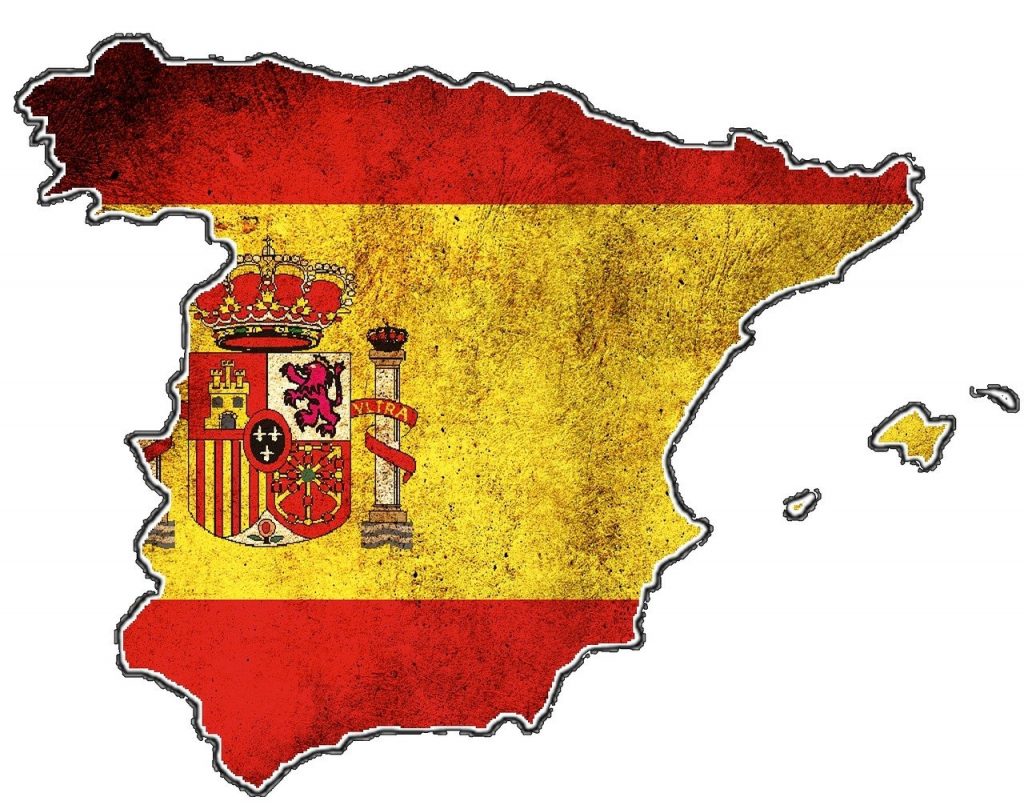Ernst & Young, the professional services global firm that is part of the Big Four, has published a study on the profitability of private equity funds in Spain between 2006 and 2021. The Report on the Profitability of Private Equity Funds in Spain 2021, done by SpainCap and the Strategy and Transactions division of EY in Spain, reveals to what extent profitability is higher in private equity investment vehicles than in those dedicated to publicly traded capital, and provides detailed information on the difference between the profitability of venture capital (startups) and private equity (consolidated companies).
The profitability of private capital in Spain
The study, which covers a 15-year period, highlights the ability of Spanish funds to generate consistent returns. Between 2006 and 2021, Spanish private equity funds posted a net internal rate of return (IRR) of 11.2%, far outperforming the returns of alternative investment options to private capital over the same period. This is three times higher than the return generated by the Ibex 35 during the same period (3.3%), excluding the commissions charged by intermediaries on the purchase and sale of shares.
The return on investment in private equity funds also significantly outperformed the 8.2% IRR of the Euro Stoxx 600, an index composed of the top 600 European companies by market capitalization. It also far exceeds the yields of the Spanish ten-year bond (2.9%), hedge funds (3.7%) and the Spanish real estate sector (5.4%).

On the other hand, it is well known that the earlier the investment in a company, the higher the risk, but also the higher the return compared to later investments. Thanks to this report we know to what extent the returns of venture capital (investment in startups) are higher than those of private equity (investment in medium or large companies) in Spain. On average, between 2006 and 2021, Spanish venture capital generated a net annual internal rate of return of 10.2% and private equity 17.3%.
These returns have been calculated from a sample of 87 funds with a total of 6,373 million euros in capital.
The promise of private equity in token form
Broadening the scope to the rest of the world, global investment firm Cambridge Associates published a report in 2020 tracking 81,000 investments from 8,100 private funds from around the globe, allowing a comparison of their return on investment with public securities on a global scale. The data shows that, over the last decade, private equity returned 13.2%, compared to 6.57% for public markets.
Given the different returns shown by public and private equity, there are many new prospects opened up by the tokenization of private capital. By fractioning assets into smaller units, a broader group of investors can own them, even those who may not have the financial means to purchase an entire asset. The result is a more inclusive and democratized investment landscape. In addition, tokenization not only facilitates access to investment opportunities, but also reduces costs, shortens transaction times and eliminates intermediaries.
By digitizing assets we can also streamline the investment process, increase efficiency and reduce operational costs, thereby increasing the overall return on investment. In addition, tokenization also provides greater transparency, improved liquidity and better asset management, all of which contribute to the overall improvement of the investment experience. Therefore, asset tokenization represents a major step forward in the investment landscape, providing new investment opportunities, greater accessibility and a more efficient and cost-effective environment.
Enter the new tokenized economy
Token City is the ultimate bridge to the tokenized economy (tEconomy), in which tokenized companies (tEnterprises) create their cryptoasset markets (tMarkets), open to global investors (tCitizens).

